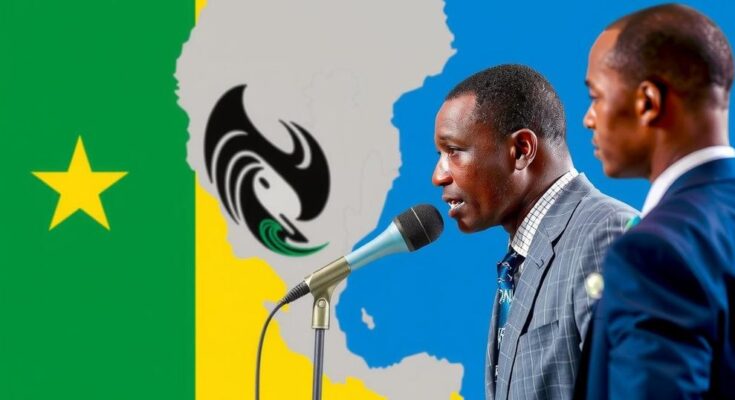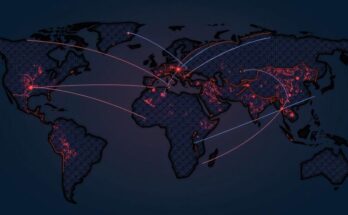With elections approaching, media organizations in Guinea-Bissau are facing increased pressures from the government, including exorbitant licensing fees and threats to press freedom. Journalists are seeking external funding to support election coverage amid concerns about compromised independence. The political environment is marred by corruption and violence towards journalists, creating an urgent need for media support and safeguarding mechanisms as the nation prepares for a potentially fraught electoral season.
As Guinea-Bissau approaches its November elections, media outlets are bracing for a challenging environment characterized by new ethical and logistical hurdles. The elections, set to commence on November 2, 2023, occur amidst a backdrop of significant political tension and a government-imposed crackdown on media freedoms. Journalists, frequently operating without adequate financial backing, are preparing proposals seeking support from international organizations, notably the United Nations Development Program (UNDP), to cover reporting expenses related to the elections. This reliance on external funding often leads to compromised journalistic independence, as many will seek financial assistance from political entities. The UNDP has historically supported various media organizations in Guinea-Bissau, offering limited funding to select outlets to facilitate their operations during election periods. In 2023, several media houses, including notable radio stations and newspapers, received approximately $2,500 each to assist with coverage during the parliamentary elections. Despite this support, attempts by the Union of Journalists and Media Technicians to acquire further backing from international bodies have not yielded favorable results. Additionally, the media landscape is plagued by the influence of organized crime, particularly drug trafficking, which poses further challenges for journalists and media organizations. Recent political turmoil, exemplified by President Umaro Sissoco Embalo’s dissolution of an opposition-controlled parliament in late 2023, has escalated tensions. Social issues such as high living costs and inadequate access to healthcare and education remain pressing concerns for the electorate. In an alarming move, the government has mandated private media organizations to pay a licensing fee of $5,000 to continue operations. In response, the Forum of Private Media Organizations presented a counterproposal suggesting reduced fees, which the government has yet to consider. Many radio stations currently struggle to meet these financial demands ahead of the elections. Political competition ahead of the November 24 contests includes four parties and three coalitions. The political climate is marked by longstanding corruption issues, compounded by allegations of drug-trafficking ties involving high-profile individuals. Freedom House highlighted incidents of violence against media outlets, specifically targeting Radio Capital FM, and reports of armed men disrupting broadcasting services. Furthermore, excessive licensing fees have been labeled as a direct threat to press freedom. In 2022, the government previously ordered the closure of a significant number of radio stations over fee non-payment, with most eventually resuming after negotiations facilitated by civic organizations. The current dynamics of political unrest and corruption have raised alarms regarding the safety and operational ability of journalists and media outlets.
Guinea-Bissau is preparing for elections amidst a climate of political unrest and corruption. The upcoming election season has brought various logistical challenges to media coverage, with many organizations lacking sufficient funds. This reliance on international bodies for operational support raises concerns about potential biases and the independence of the media. The influence of drug trafficking and organized crime has further complicated the political landscape, leading to increased dangers for journalists. The government’s recent demands for exorbitant broadcasting fees present a significant barrier to maintaining a free press in the country.
The scenario unfolding in Guinea-Bissau reveals a troubling intersection of political tension, media repression, and corruption. Journalists face a precarious situation with their independence jeopardized by financial constraints and threats to their safety. As the nation heads towards elections, the implications for press freedom and the ability of citizens to access impartial information remain critical concerns. The ongoing crackdown on independent media underscores the urgent need for international support and the protection of journalistic rights in the region.
Original Source: www.voanews.com




